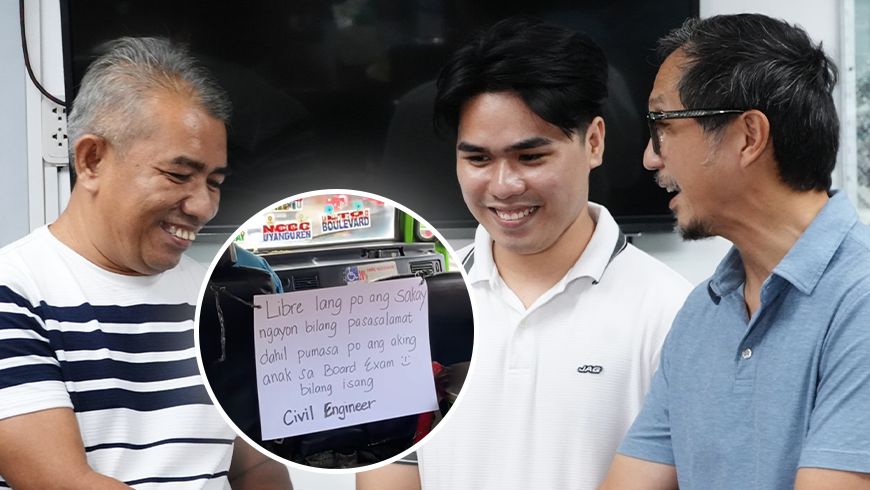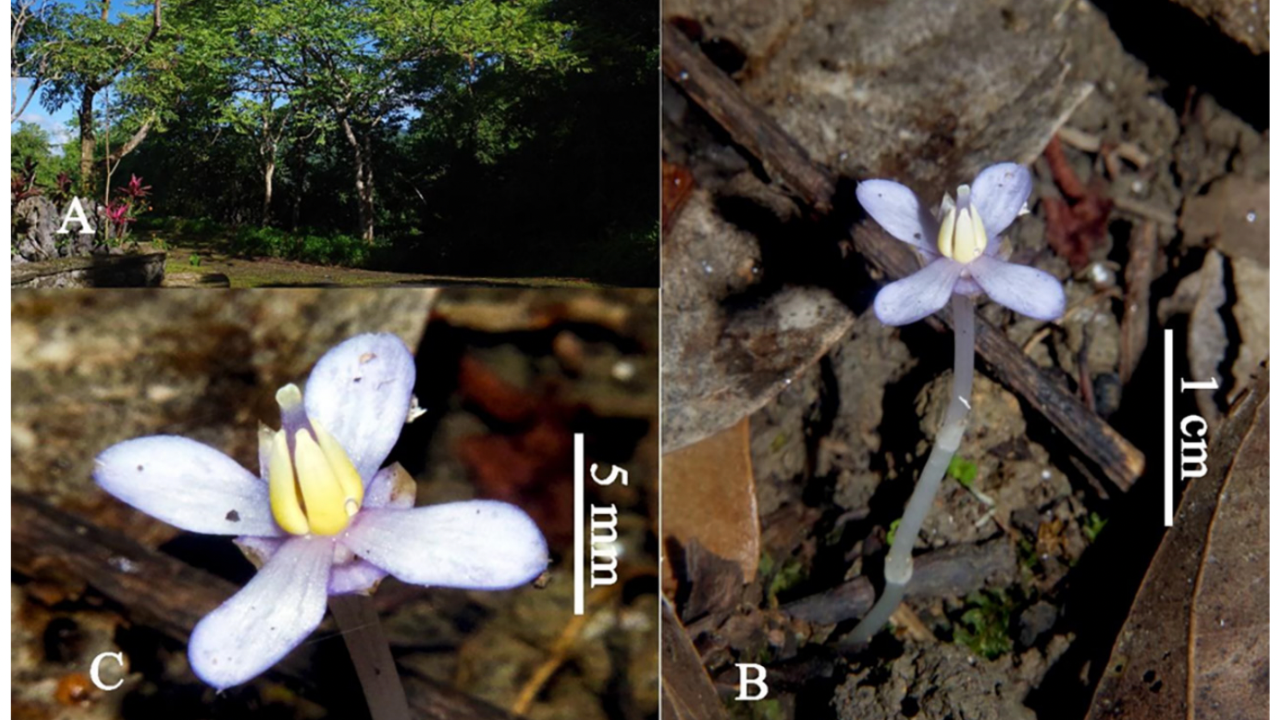The University of the Philippines-Marine Science Institute (UP-MSI) is set to establish the country’s first coral larvae cryobank at the Bolinao Marine Laboratory in Pangasinan. This is to boost coral restoration in the Philippines amid increasing threats from climate change and human activity.
A coral cryobank is a facility where scientists freezes and stores coral genetic material, such as eggs, or larvae, to create a genetic backup for coral reefs.
This coral restoration effort is part of a groundbreaking project entitled ‘Coral Conservation Capacity Development in the Coral Triangle: A Cryorepository Network for Coral Larvae’. It aims to conserve coral reef biodiversity through cryopreservation–a process done through freezing in ultra-low temperatures.
This project involves research institutions from the Philippines, Taiwan, Indonesia, Malaysia, and Thailand to establish the first regional network of coral larval cryobanks in the Coral Triangle–a globally significant marine biodiversity hotspot.
According to Dr. Maria Vanessa Baria-Rodriguez, lead of the Philippine research team, the project is not just about preserving corals but also about building a foundation for future research and reef restoration that can benefit generations to come. Dr. Baria-Rodriguez, together with her laboratory, the Interactions of Marine Bionts and Benthic Ecosystems Laboratory (IMBIBE), aims to strengthen the country’s capacity to safeguard coral biodiversity.
The Coral Conservation Capacity Development project is spearheaded by Dr. Chiahsin Lin of National Dong Hwa University and the National Museum of Marine Biology and Aquarium in Taiwan, and is supported by the Coral Research and Development Accelerator Platform (CORDAP) through the Marine Environment and Resources Foundation, Inc. (MERF).
“The project is currently focused on pocilloporid corals with a brooding reproductive strategy. Pocilloporid coral larvae are collected from hatchery-monitored colonies and preserved in liquid-nitrogen for long-term storage and future use in coral restoration. Pocilloporid corals are considered weedy species; they are among the first to colonize disturbed reefs due to their rapid growth and fast reproductive cycles. These traits make them valuable for accelerating reef recovery. However, their sensitivity to climate stress, especially coral bleaching, poses a significant challenge to their long-term survival,” UP MSI stated.
UP MSI added that the project aims to adapt cryopreservation protocols for other coral species.
Ryan Carl De Juan, a research assistant at the IMBIBE laboratory, has begun collecting and monitoring brooding Pocilloporid colonies, with initial trials in vitrification and banking resulting in the successful cryopreservation of early-stage coral larvae.UP MSI said the team continues its monthly efforts to increase the number of cryopreserved larvae across various target coral areas.



%201.svg)





























.webp)





